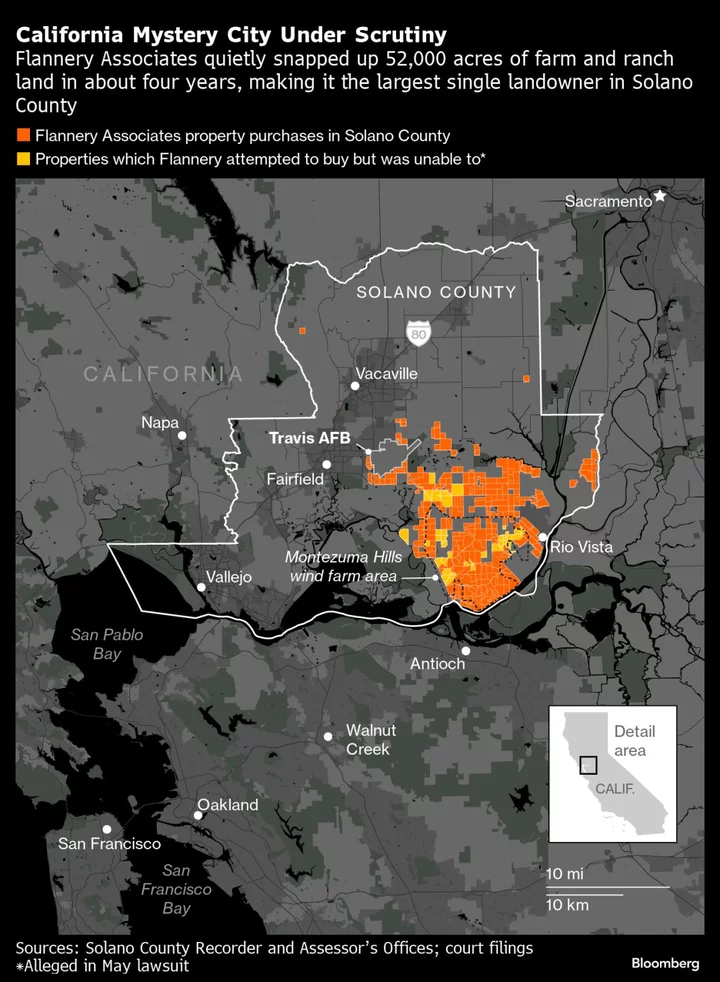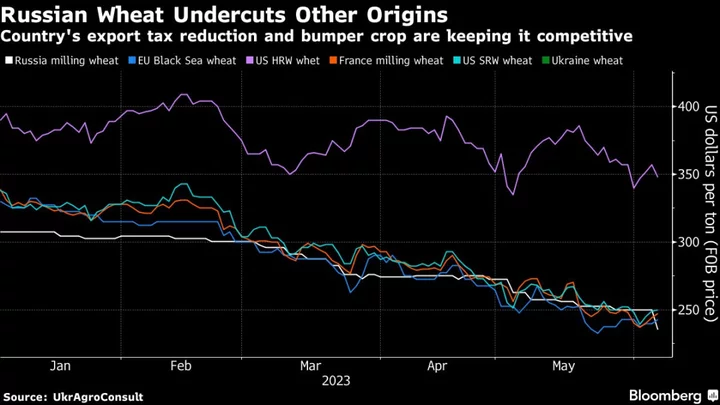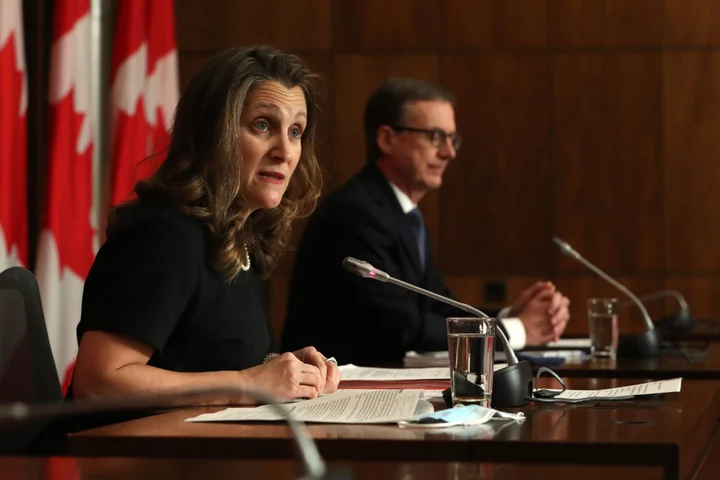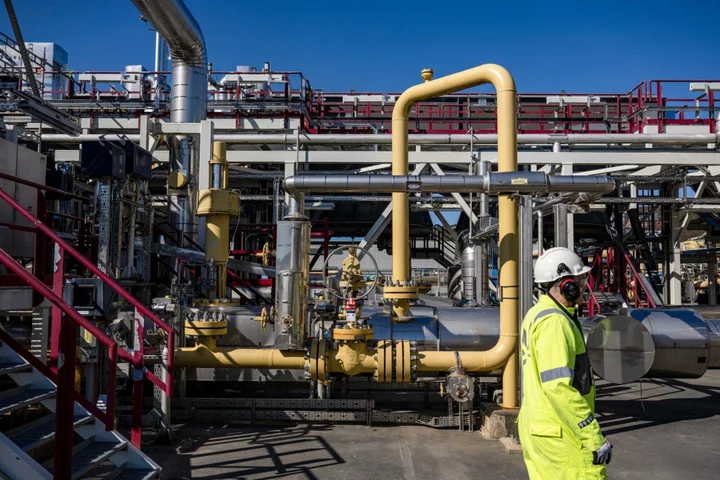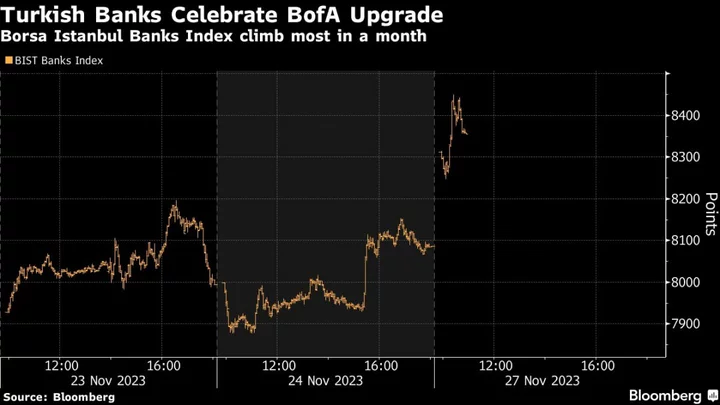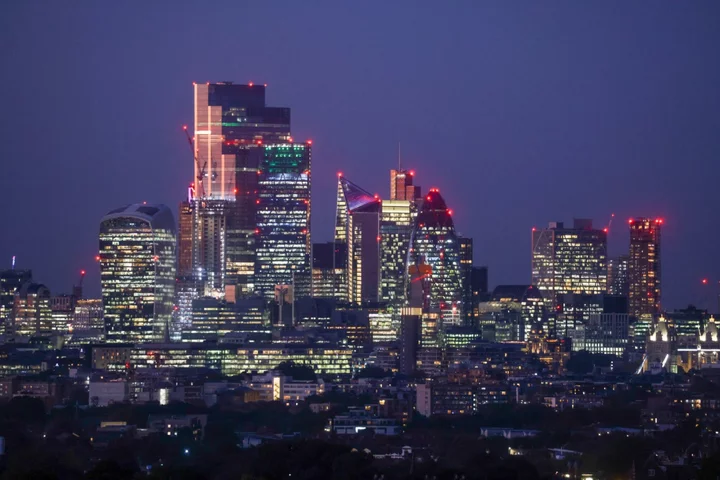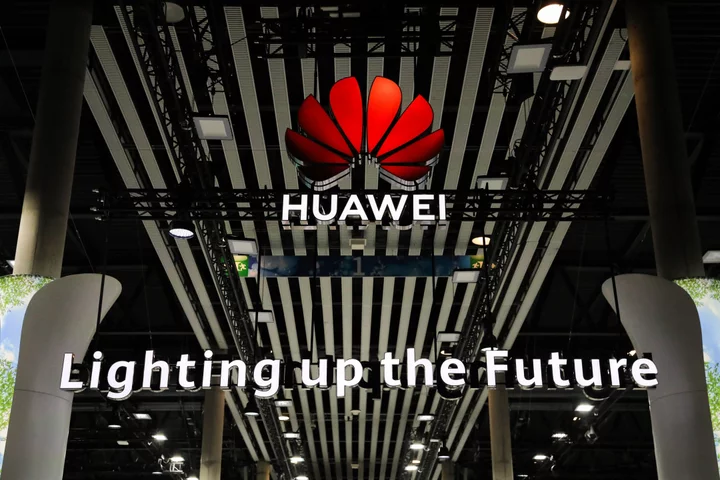A historic cattle ranch in California’s Solano County has been a target of a secretive billionaire-backed group that’s been buying up large swathes of land to create a new city northeast of San Francisco.
The latest offer of $17 million, made in mid-July, by Flannery Associates LLC was for about 950 acres at a property known as Petersen Ranch, according to term sheets, proposals and emails obtained by Bloomberg News through the California Public Records Act. It was turned down by the local water agency, which owns the land.
“The Flannery group has approached the water agency on multiple occasions looking to purchase either the entirety or a portion of Petersen Ranch,” Chris Lee, general manager of the Solano County Water Agency, said by phone Friday. “All offers were rejected.”
Flannery is backed by former Sequoia Capital Chairman Mike Moritz, LinkedIn co-founder Reid Hoffman and venture capitalist Marc Andreessen, among others. The documents show that while some landowners in Solano County didn’t accept substantial offers by Flannery for their land, plenty did: The investors have purchased at least 52,000 acres of farmland since 2019.
The group’s existence and mission to build a city from scratch only became public in late August when the New York Times and other media exposed the identity of the investors and the scope of their project. Flannery has since revealed a new website explaining the vision of California Forever — a walkable city powered by green energy that will create thousands of jobs — along with plans to start engaging with public officials and the community.
The documents obtained by Bloomberg show that Flannery approached Solano’s water agency in January with a draft term sheet and revised its offer several times after facing resistance from the agency. Lee wrote in an April email that the water agency turned down the offer because it needs the land for habitat and mitigation purposes and that the price wasn’t a “deciding factor.”
Flannery’s attorney, Richard Melnyk, expressed frustration in his correspondence with Lee over the agency’s plans to use part of Petersen Ranch for mitigation. “Depending on where this is and how much acreage, this may very much change the deal,” Melnyk wrote in response. “It doesn’t necessarily stop us from doing something, but the terms may change.”
The documents also show that Flannery went to great lengths to hide the identity of its owners.
In June, an attorney for Flannery responded to a letter from the US Department of Agriculture, which said the agency learned about Flannery’s land purchases and said the company would be legally obligated to disclose if it had foreign ownership. In response, Flannery didn’t reveal who was behind the company but said that “no foreign person holds any significant interest or substantial control over Flannery, either now or at the time of any land purchase made by Flannery.”

